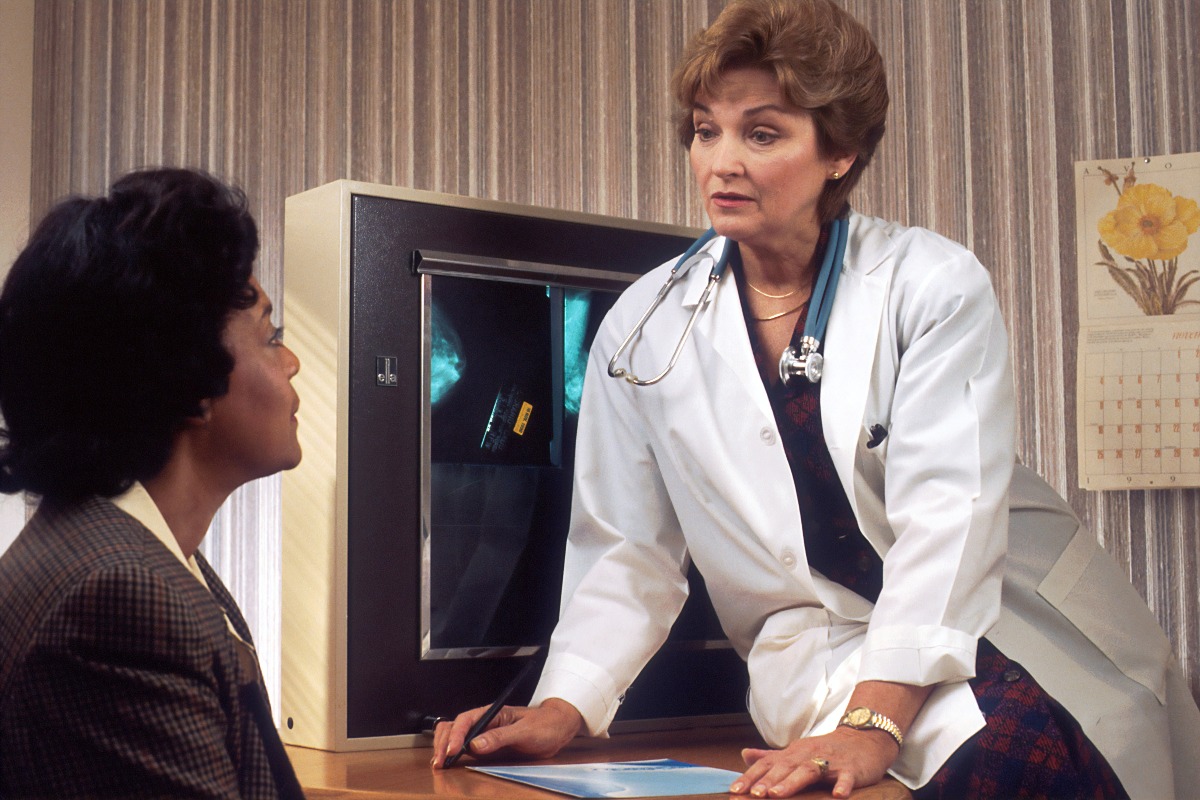What Happens During MDMA Detox?
MDMA is a Schedule I drug, which means it is highly addictive. MDMA detox is crucial to treatment for addiction to the drug. Currently, MDMA has not been approved for any evidence-based medical practices. However, the drug has been tested to treat pain in cancer patients and people struggling with post-traumatic stress disorder (PTSD). Without the medical supervision of a clinical trial, MDMA can be very dangerous.
The drug is commonly used among adolescents as a party drug. It is most popular among male youth from ages 18 to 25. MDMA is also more popular among the LGBTQ+ community. Understanding what MDMA is can help people understand the danger of its effects.
What Is MDMA?
MDMA is a stimulant and hallucinogen drug that can be taken in the form of a tablet known as ecstasy or a powder known as molly. Ecstasy is a more common way for people to consume MDMA. However, ecstasy tablets can be especially dangerous because each tablet varies in concentration of MDMA as well as the other drugs mixed in. Ecstacy tablets may include any combination of the following drugs with MDMA:
- Methamphetamine
- Anesthetic ketamine
- Caffeine
- Ephedrine (diet drug)
- Dextromethorphan (cough suppressant)
- Heroin
- Phencyclidine (PCP)
- Cocaine
While some people believe that molly is purer than ecstasy tablets, a 2013 report showed that some capsules being sold as molly contained methylone and bath salts, a synthetic stimulant. Further, some substances sold as molly didn’t contain any MDMA, making it an equally hazardous substance.
Short-Term Effects of MDMA
When MDMA is consumed, it can take about 45 minutes from the time of consumption before you can feel the effects. The effects can last around three hours and peak 15 to 30 minutes upon initiation. Some short-term effects include:
- A jolt of energy
- Distortions in the perception of time
- Enhanced enjoyment of sensory experiences
- Increased self-awareness and empathy
- Willingness to discuss emotionally charged memories
Long-Term Effects of MDMA
Many people use MDMA recreationally or go for long intervals without using the substance. However, this can still lead to damaging long-term effects. Some of the side effects include:
- Depression
- Impaired attention and memory
- Anxiety
- Aggression
- Irritability
Regular or chronic use of MDMA can lead to more severe long-term effects. During your recovery from MDMA misuse, you’ll have to develop skills to manage these physical and mental effects. Some long-term effects of chronic MDMA use include:
- Sleep disturbances
- Lack of appetite
- Concentration difficulties
- Depression
- Heart disease
- Impulsivity
- Damaged nerve cells that contain serotonin
- Cognitive impairment
- Arrhythmia (irregular heartbeat) and heart damage
- Irritability
- Impulsivity
- Impaired attention and memory
- Anxiety
- Aggression
- Lack of appetite
- Heart disease
- Decreased cognitive function
The impulsivity associated with MDMA use includes risky sexual behaviors such as not using protection when engaging in sexual activities. This puts people at a higher risk of contracting sexually transmitted diseases (STDs).
MDMA Detox Process
The MDMA detox process focuses on intoxication and overdose more than withdrawal symptoms. Withdrawal symptoms can last anywhere from 24 hours or more. Though the withdrawal symptoms aren’t usually as physically severe as alcohol or heroin, they can include:
- Severe anhedonia
- Lethargy
- Anorexia
- Decreased motivation
- Sleepiness
- Depression
- Fatigue
Other more severe withdrawal effects include:
- Altered mental state
- Convulsions
- Hypo/hyperthermia
- Severe changes in blood pressure
- Tachycardia
- Coagulopathy
- Acute renal failure
- Hepatotoxicity
- Death
Supervised MDMA detox gives you a safe space where your withdrawal symptoms can be monitored. It’s important to monitor physical and psychological symptoms so that you are not at risk of harming yourself or others.
The Importance of Safe Detox
Detoxification on your own can be dangerous. At a trusted recovery center, a team of professionals can make a personalized treatment plan that will ease your discomfort and prevent relapse and overdose. If you detox on your own, there will be no one to monitor your symptoms and no one to monitor your overall well-being. Nobody will be there to help you identify other mental or physical health symptoms. You will also be left to your own devices to create a relapse prevention plan and maintain a healthy recovery. Residential detox gives you medical professionals and a community you can rely on. You don’t have to do this alone.
Treatment After MDMA Detox
No longer being dependent on MDMA is an important first step in your recovery. However, maintaining your sobriety requires understanding your triggers, strengths, negative thoughts, and toxic behaviors. Recovery is about a complete overhaul of lifestyle choices. This can require psychotherapy such as cognitive-behavioral therapy (CBT), dialectical behavior therapy (DBT), or motivational interviewing (MI), among other types of therapies and complementary treatments.
Part of recovery is about managing your substance use and mental health symptoms, but another part of recovery is about redefining and reconnecting with yourself. This means developing new interests, discovering your purpose, and creating peer connections that can grow your support network. MDMA detoxification is a necessary first step that can launch you to a healthy recovery.
Residential detox for MDMA can launch your recovery in the right direction toward maintaining sobriety. No matter what you are detoxing from, detoxification should not be done without the presence of a medical professional. Restoration Recovery Centers provides residential detox for MDMA, among other substances. We believe that recovery means being exposed to several different types of treatment options. At Restoration Recovery Centers, you can find a multitude of evidence-based and complementary treatments that can help you change yourself, your life, and your relationships with others. If you or someone you know is struggling with substance use, call (888) 290-0925 to learn how we can help you restore your life’s purpose and heal from addiction.






